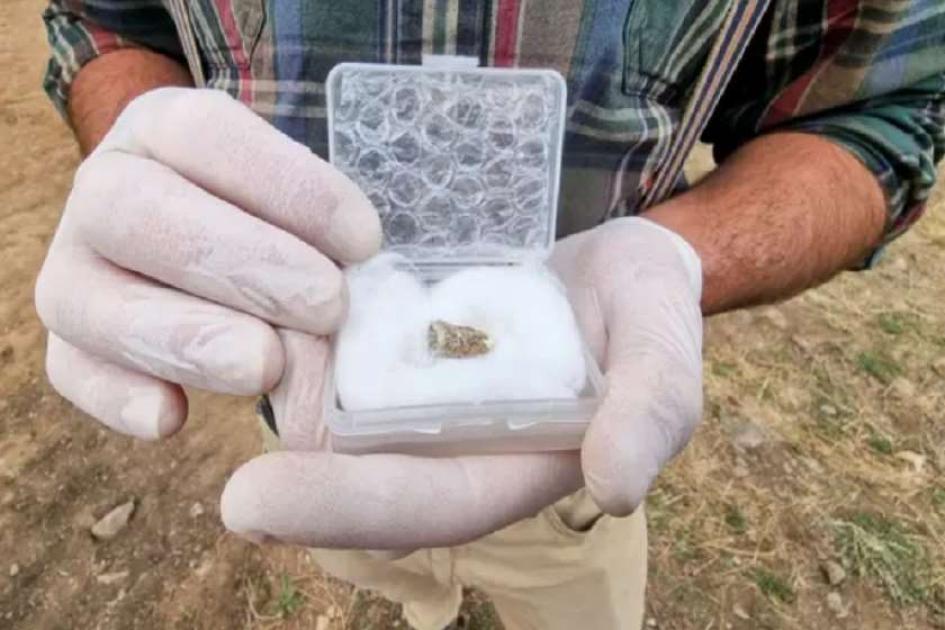
The Guardian publishes an article about the discovery of a human tooth in Dmanisi, a town and archaeological site in the Kvemo Kartli region of Georgia.
“Archaeologists in Georgia have found a 1.8m-year-old tooth belonging to an early species of human that they say cements the region as the home of one of the earliest prehistoric human settlements in Europe, and possibly anywhere outside Africa.
The tooth was discovered near the village of Orozmani, which lies about 60 miles south-west of the Georgian capital, Tbilisi, and is near Dmanisi, where human skulls dated to 1.8m years old were found in the late 1990s and early 2000s.
The Dmanisi finds were the oldest such discovery anywhere in the world outside Africa, and changed scientists’ understanding of early human evolution and migration patterns.
The latest discovery at a site about 12 miles away away provides yet more evidence that the mountainous south Caucasus area was probably one of the first places early humans settled after migrating out of Africa,” - experts said.
“Orozmani, together with Dmanisi, represents the centre of the oldest distribution of old humans – or early Homo – in the world outside Africa,” the National Research Centre of Archaeology and Prehistory of Georgia said.
In 2021, in the Orozmani village of Dmanisi Municipality, the archaeologists discovered the stone tools made by the ancient inhabitants of Eurasia (Homo erectus) and the remains of extinct animals dating back 1.8 million years.
During the 2022 archaeological campaign, the Orozmani International Archaeological Expedition discovered an early Homo molar, a fourth premolar, in the layers dated 1.8 million years ago. The discovery of Orozmani is of world importance and, together with Dmanisi, represents the center of the oldest distribution of the ancient human species or early (Homo sapiens) in the world outside of Africa.
Source:
0
0










